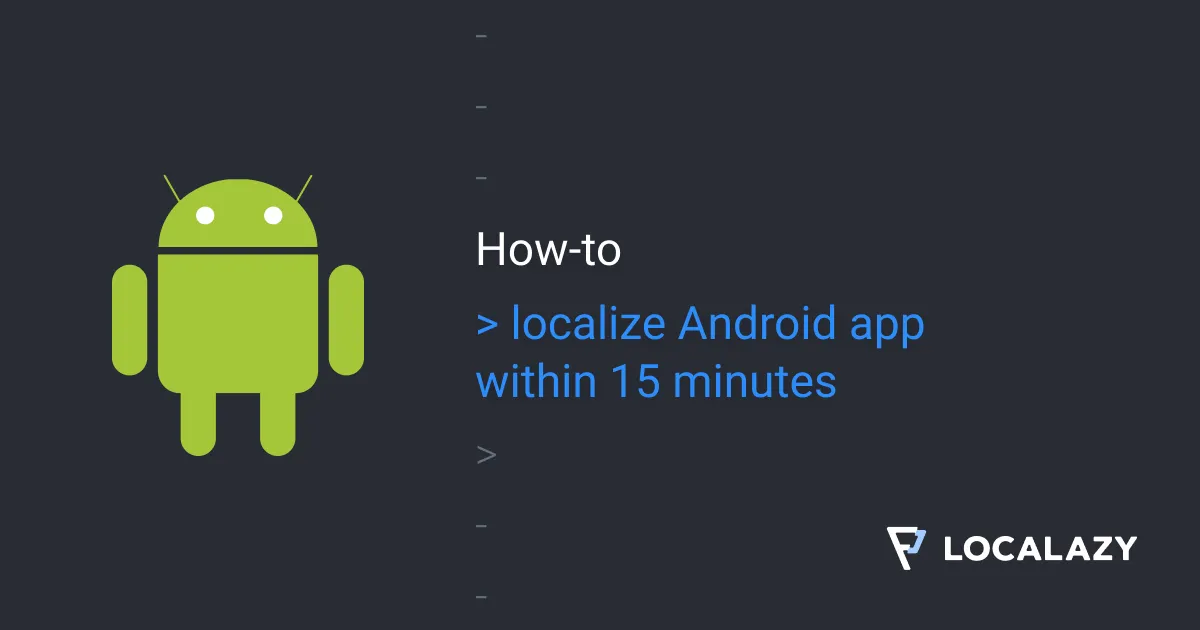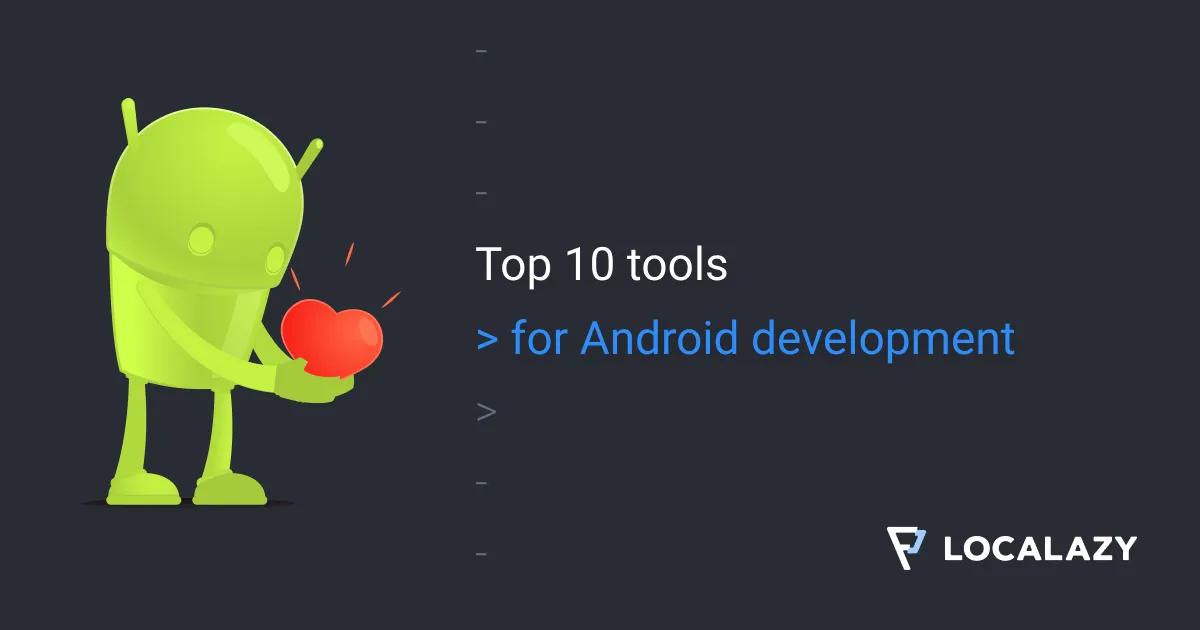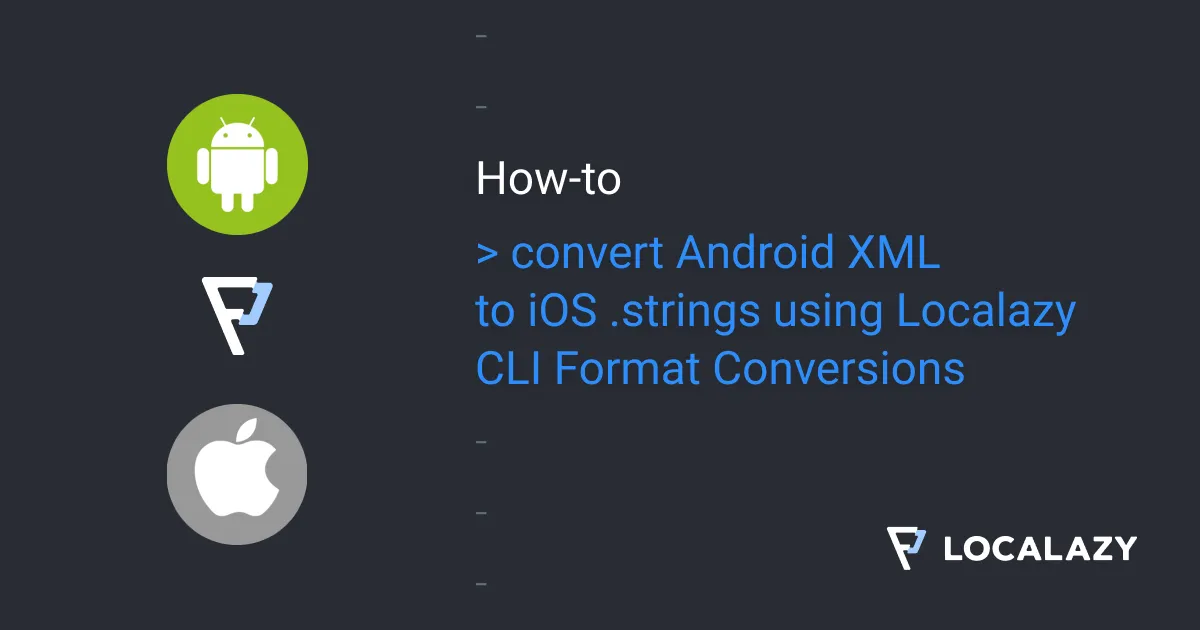Languages are evolving… #️⃣
If you wanted to support languages such as Hebrew or Indonesian correctly, you needed to duplicate your resources to be sure that it’s going to work on older as well as newer Android versions. The language codes and the ISO 639 are evolving, some codes are becoming deprecated, and new ones are introduced and later aliased to polish the standard.
But there is great news… #️⃣
I’ve got great news for you! You don’t need to do so with Localazy, and you shouldn’t.
When you upload your translations, Localazy converts older locale codes to the newer ones. If your app contains both versions, you end up with an error. Nothing critical. Just an informative notification.
More great news! When your translations are published, Localazy automatically adds both versions to ensure that your app works as expected. And we can transparently handle also regional variants.
Don’t think about these issues. That’s our job.
Want to learn more? #️⃣
If you want insight, the conversion is made for these locales:
- Hebrew - he vs. iw
- Yiddish - yi vs. ji
- Indonesian - id vs. in
- Filipino - fil vs. tl
- Norwegian, Bokmål - no vs. nb
We could talk much longer about these issues. For example, Filipino is the successor of Pilipino, which is the modern transformation of Tagalog language. In fact, it’s not just a deprecation of old locale code, but you are good to go with a simple alias.
We learn all these facts, issues, and small exceptions, so you don’t need to.
Dive deeper… #️⃣
Translating your mobile app is a complex topic, but we are doing our best to help you as much as we can. Don’t miss what you should know before uploading your android strings guide to get high-quality translations for your app.



 .
.